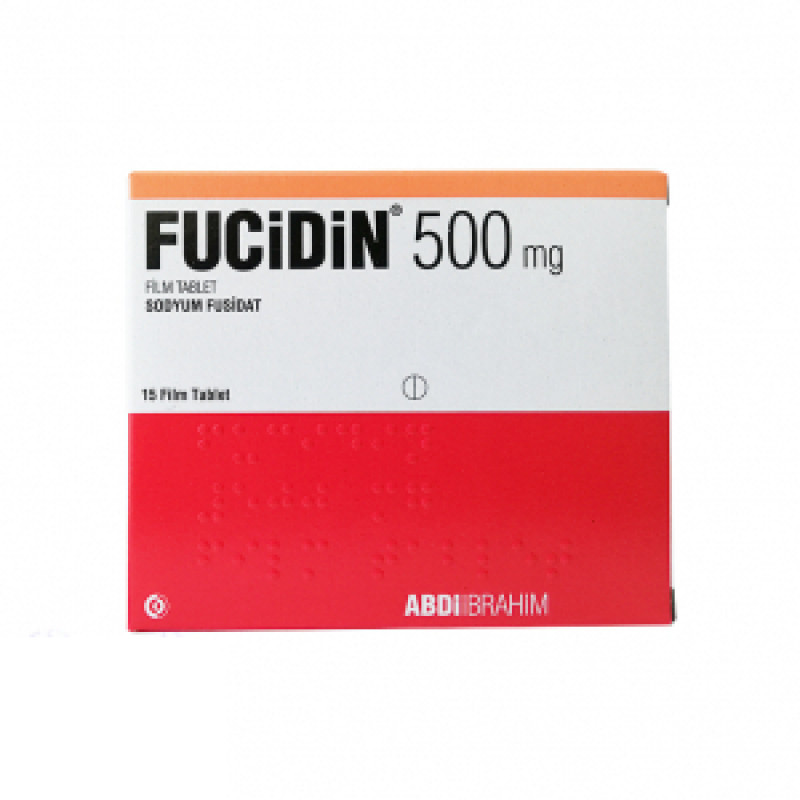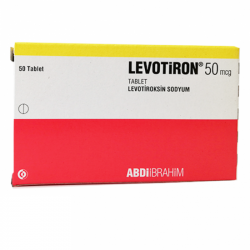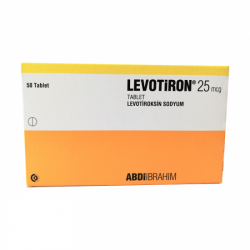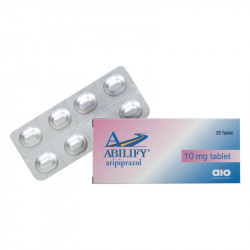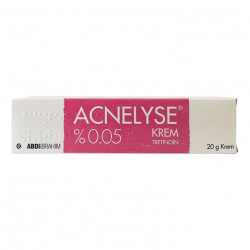
Temporarily, the International Warehouse 2 can ship to USA ONLY. DO NOT PLACE ORDERS IF YOU ARE BASED IN OTHER COUNTRY!
Thank you for understanding,
OSGear Team
Fucidin - Abdi Ibrahim
CLASSIFICATION Steroid antibacterials
ACNE No
WATER RETENTION No
HBR No
HEPATOTOXICITY No
AROMATIZATION No
MANUFACTURER Abdi Ibrahim
WAREHOUSE International Warehouse 2
SUBSTANCE
Sodium fusidat,

Fucidin
Fucidin is indicated in the treatment of all staphylococcal infections due to susceptible organisms such as: cutaneous infections, osteomyelitis, pneumonia, septicaemia, wound infections, endocarditis, superinfected cystic fibrosis.
Fucidin should be administered intravenously whenever oral therapy is inappropriate, which includes cases where absorption from the gastro-intestinal tract is unpredictable.
Posology and method of administration
Posology
For staphylococcal cutaneous infections:
Adults:
Standard dose: 250 mg sodium fusidate twice daily for 5-10 days.
For staphylococcal infections such as osteomyelitis, pneumonia, septicaemia, wound infections, endocarditis, superinfected cystic fibrosis.
Adults:
Standard dose: 500 mg sodium fusidate 3 times daily.
In severe cases of fulminating infections, the dosage may be doubled or appropriate combined therapy may be used.
Elderly: No dosage alterations are necessary in the elderly.
Since Fucidin is excreted in the bile, no dosage modifications are needed in renal impairment.
The dosage in patients undergoing haemodialysis needs no adjustment as Fucidin is not significantly dialysed.
Method of administration
For oral administration.
Special warnings and precautions for use
Statins (HMG-CoA reductase inhibitors) and systemic Fucidin must not be co-administered. There have been reports of rhabdomyolysis (including fatalities) in patients receiving this combination (see section 4.5). In patients where the use of systemic Fucidin is considered essential, statin treatment should be discontinued throughout the duration of treatment with systemic Fucidin. The patient should be advised to seek medical advice immediately if they experience any symptoms of muscle weakness, pain or tenderness. Statin therapy may be re-introduced seven days after the last dose of systemic Fucidin. In exceptional circumstances, where prolonged systemic Fucidin is needed e.g. for the treatment of severe infections, the need for co-administration of HMG-CoA reductase inhibitors and systemic Fucidin should only be considered on a case by case basis and under close medical supervision.
In a few cases, serious cutaneous reactions putting life at risk such as Drug Reaction with Eosinophilia and Systemic Symptoms (DRESS) syndrome, toxic epidermal necrolysis (Lyell's syndrome) and Stevens-Johnson syndrome have been reported with systemic Fucidin. Patients should be advised to monitor cutaneous reactions as well as signs and symptoms suggestive of these reactions which usually appear in the first weeks of therapy. If such reactions are suspected to be due to systemic Fucidin, treatment with systemic Fucidin should be stopped and it is recommended not to reintroduce the therapy.
Fusidic acid is metabolised in the liver and excreted in the bile. Elevated liver enzymes and jaundice have occurred during systemic Fucidin therapy but are usually reversible on discontinuation of the drug.
Systemic Fucidin should be given with caution and liver function should be monitored if used in patients with hepatic dysfunction or in patients taking potentially hepatotoxic drugs. Caution is required in patients with biliary disease and biliary tract obstruction. Caution is required in patients treated with HIV-protease inhibitors (See section 4.5). Fusidic acid competitively inhibits binding of bilirubin to albumin. Caution is necessary if systemic Fucidin is administered to patients with impaired transport and metabolism of bilirubin. Particular care is advised in neonates due to the theoretical risk of kernicterus.
Bacterial resistance has been reported to occur with the use of fusidic acid. As with all antibiotics, extended or recurrent use may increase the risk of developing antibiotic resistance.
Patients with rare hereditary problems of galactose intolerance, the Lapp lactase deficiency or glucose-galactose malabsorption should not take this medicine due to the content of lactose.

